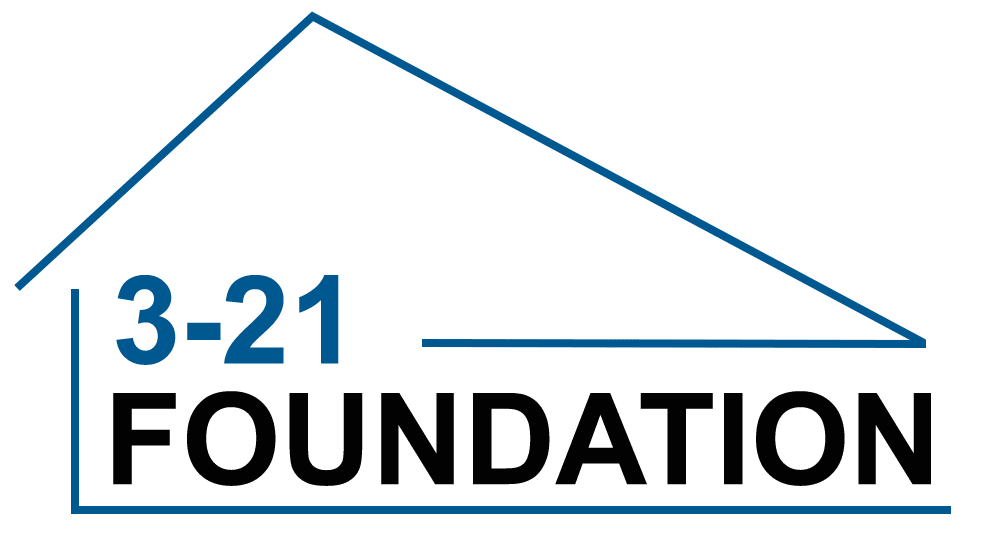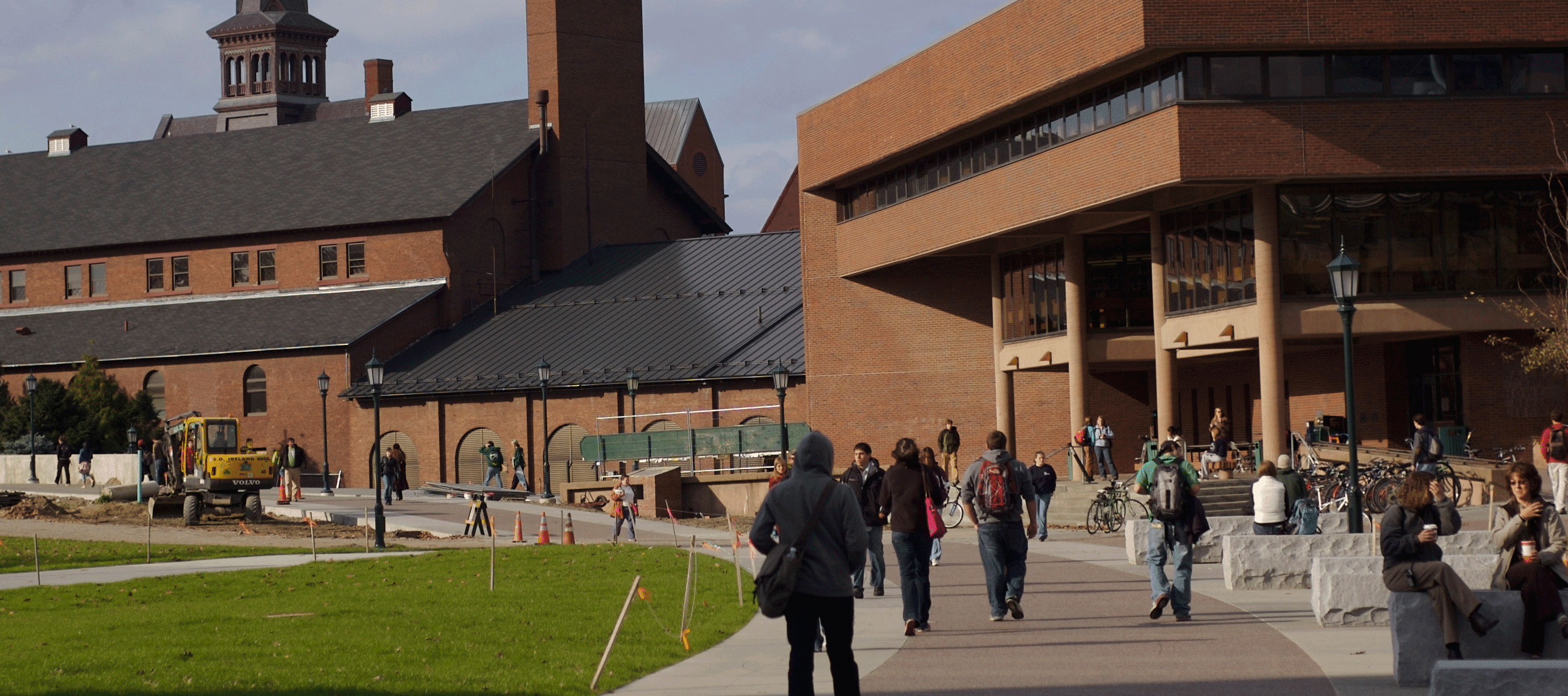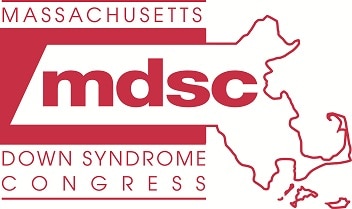I attended the Massachusetts Down Syndrome Congress (MDSC) Legislative Advocacy Day on June 4 mainly because two bills in the Legislature are important to me and should be important to all of us with family members who have Down syndrome. The first bill is House Bill 1064/Senate Bill 672 which is an act to create higher education opportunities for students with intellectual and developmental disabilities. Massachusetts’ Inclusive Concurrent Enrollment (ICE) program gives 18-22 year old students with disabilities, who have not passed MCAS, higher education opportunities in an inclusive college setting. Despite the proven success of the program and greatly increased demand, the ICE program is extremely limited, and year after year, underfunded.
Why is this so important? Because research shows that being in an inclusive setting is one of the highest predictors of becoming a contributing, participating member of society as an adult. My son, Christopher, is now at Easton Middle School and is included in the general education classes about 60% of the time. He has been in an inclusive setting since Kindergarten and I want to see this continue throughout his entire education. What sense does it make to be in an inclusive setting through 12th grade, and then be in an exclusionary setting as he’s reaching adulthood? He ought to be able to access the same higher-ed opportunities and activities as his same-aged peers, with modifications and supports. My vision is for him to continue his education in an inclusive setting after high school so that he is best prepared to live as an independent adult in his community. Ideally, he would attend Bridgewater State University which participates in the ICE program.
The Legislature’s Task Force on College Inclusion for Students with Intellectual Disabilities and Autism issued a report in April 2014 recommending expanding inclusive higher education opportunities over 5 years throughout the Commonwealth’s 29 public institutions of higher education. H1064/S672 expands ICE’s grant program, supporting partnerships between high schools and public institutions of higher education in order to include more students. Post-secondary education may seem like a far way into the future, but we need to start advocating now if we want our children to have access to post-secondary education.
The other bill that is important to me is House Bill 3271, an act concerning nondiscrimination access to organ transplantation. This is part of a state by state legislative effort to prohibit discrimination against anyone with an intellectual, developmental or psychiatric disability from receiving an organ transplant. The most common reason for deciding against an organ transplant for a patient with a disability is the misconception that people with disabilities, especially those with intellectual, developmental or psychiatric disabilities are unable to manage complicated post-operative treatment plans and that, as a result, people with disabilities are less likely to benefit from the transplant. Also, providers may incorrectly assume that people with disabilities have a lower quality of life than people without disabilities and they would not benefit as much from life-saving transplants. I would not want to have my son in the position of needing a transplant, and having to fight against discriminatory practices. More than 20 legislators have signed on to this bill already – has yours?
Lastly, you should know that the Legislature has provided a small amount of funding to the MDSC for the past three years and I am hoping that the funding continues in this year’s budget. This funding has been essential to MDSC to advocate for full, meaningful lives for individuals with Down syndrome across the state, directly paying for programs and services that provide hope to new and expectant parents, training to medical professionals and students, best practices to educators, and meaningful opportunities for teens and adults. We all benefit from the MDSC, perhaps indirectly, but I remind you that MDSC also supports the Learning Program Boston. Funding is not included currently in the Senate budget, so it is important that it be included as the deliberations between the House and Senate progress. Funding is contained in Line Item 5911-1003 in the House budget.
It is not too late to reach out to your State Representative and Senator about these items, or any others that are important to you! For more information about these bills, go to MDSC Make a Difference page. To find your legislators and contact information, go to the Massachusetts Legislature’s website. You can also search for these bills and find out whether your legislator supports them.










